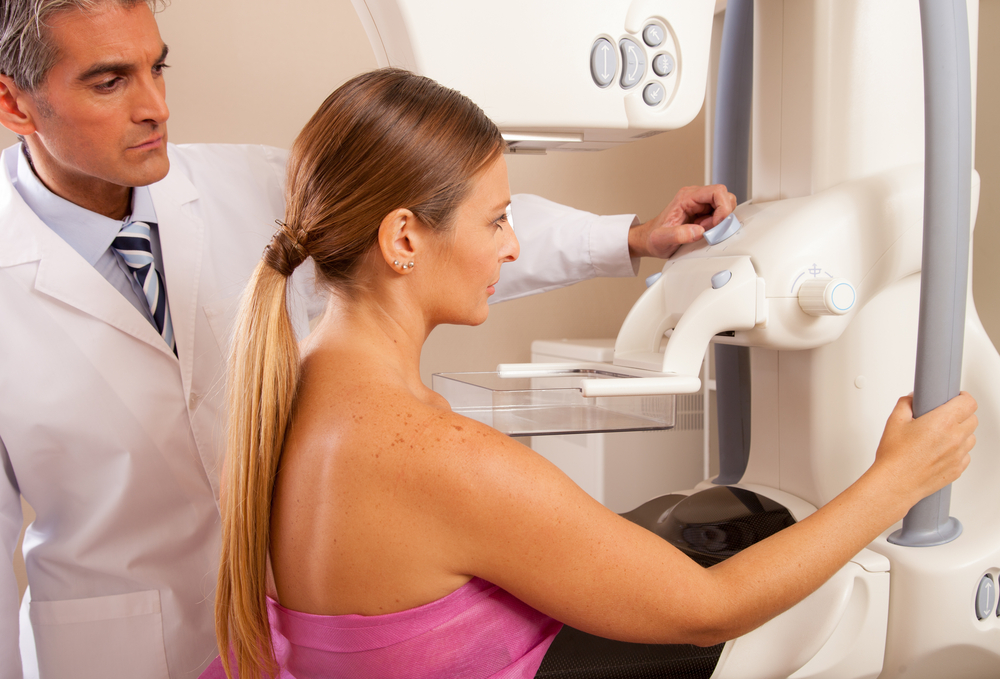iCAD Inc. recently announced its latest innovative imaging tool for early detection of breast cancer based on tomosynthesis computer-aided detection (CAD). The technology is on display at the European Congress of Radiology (ECR) in Vienna, Austria, through March 6.
According to a study published in the journal Cancers, breast cancer is the most common invasive type of cancer in women, affecting 12 percent of women worldwide. It is identified by abnormal growth of breast cells to form malignant tumors.
When breast cancer is detected in early stages of its development, it is easier to treat and results in much better survival rates. Currently, mammography is the best employed diagnostic and screening method of breast cancer. It uses low-energy X-rays to produce two-dimensional mammograms with two images per breast to identify eventual abnormal masses formed in breast tissues.
However, analysis of data from mammograms is usually time-consuming.
The tomosynthesis technology developed by Nashua, New Hampshire-based iCAD Inc. can produce hundreds of images, then identifies target regions of interest and combines them into two-dimensional synthetic images for easy reading. This provides more information about the state of breast tissue and significantly reduces analysis time by radiologists as proven by an iCAD clinical study.
“Using the tomosynthesis CAD solution from iCAD Inc. is an excellent, innovative and reliable entry gate to the diagnosis. It summarizes the read, saving precious reading time and reaches the end point quickly,” Dr. Laurent Lévy, Institut de Radiologie de Paris, said in a news release.
Tomosynthesis is equipped with iReveal automated breast density modules that offer standardized examination of breast tissue to determine the suitable category of breast density.
“As 40 percent of mammography-age women will have dense breasts at some point in their lives, knowing the degree of breast density can be crucial information for patients and doctors alike. iReveal can help radiologists avoid unnecessary follow-up for their patients while identifying women who may benefit from additional screening,” said Ken Ferry, CEO of iCAD.
The CE mark — or European conformity (similar to FDA approval) — of this technology is expected this month, and FDA clearance later this year.
“The launch of this powerful solution demonstrates our commitment to remain on the forefront of cancer detection and workflow efficiency,” Ferry said. “Cancer detection solutions have proven to be effective for 2D mammography in assisting radiologists to identify cancer in earlier stages, when it may be more effectively treated.
“We believe our concurrent read software for breast tomosynthesis will change how radiologists read tomosynthesis studies creating an improved reading experience and a more efficient workflow while also aiding in the detection of cancer,” he said.


